Dealing with Time: Measuring Real-Time Capabilities of Lingua Franca
Author(s): Efsane Soyer
Abstract
Precise timing, reproducibility, and concurrency play an important role in cyber-physical systems. Lingua Franca, or LF, is a reactor-based coordination language that can exploit parallelism while preserving determinism and exposes time-based semantics. These features make LF a suitable choice for real-time systems. By conducting experiments and analyzing the results, this study seeks to provide valuable insights into the real-time capabilities of Lingua Franca. We introduced two case studies: timer utilization and periodic tasks. The study on timer utilization investigated the relationship between timing behavior and task execution time, showing that LF can achieve high utilization rates of up to 95% on a Linux operating system while effectively keeping lags under 20 microseconds using the lag controller. The periodic tasks study explored various scheduling scenarios, examining how task orders, periods, and offsets affect meeting deadlines. This case highlighted the need for further efforts in implementing deadline monotonic and earliest deadline first schedulers. By leveraging these insights, we have developed future optimization strategies. The results of this thesis will kickstart the empirical timing analysis of Lingua Franca and offer valuable information for enhancing its real-time capabilities in the future.
Citation Formats
-
APA
Efsane Soyer. (2024). Dealing with Time: Measuring Real-Time Capabilities of Lingua Franca (Master's thesis), University of California, Berkeley. -
MLA
Efsane Soyer. "Dealing with Time: Measuring Real-Time Capabilities of Lingua Franca." Master's thesis, University of California, Berkeley, 2024. -
Chicago
Efsane Soyer. "Dealing with Time: Measuring Real-Time Capabilities of Lingua Franca." Master's thesis, University of California, Berkeley, 2024. -
BibTeX
@thesis{Soyer:24:Measure, author = {Efsane Soyer}, title = {Dealing with Time: Measuring Real-Time Capabilities of Lingua Franca},
type = {Master's thesis},
school = {University of California, Berkeley},
month = {May},
year = {2024},
abstract = {Precise timing, reproducibility, and concurrency play an important role in cyber-physical systems. Lingua Franca, or LF, is a reactor-based coordination language that can exploit parallelism while preserving determinism and exposes time-based semantics. These features make LF a suitable choice for real-time systems. By conducting experiments and analyzing the results, this study seeks to provide valuable insights into the real-time capabilities of Lingua Franca. We introduced two case studies: timer utilization and periodic tasks. The study on timer utilization investigated the relationship between timing behavior and task execution time, showing that LF can achieve high utilization rates of up to 95% on a Linux operating system while effectively keeping lags under 20 microseconds using the lag controller. The periodic tasks study explored various scheduling scenarios, examining how task orders, periods, and offsets affect meeting deadlines. This case highlighted the need for further efforts in implementing deadline monotonic and earliest deadline first schedulers. By leveraging these insights, we have developed future optimization strategies. The results of this thesis will kickstart the empirical timing analysis of Lingua Franca and offer valuable information for enhancing its real-time capabilities in the future.},
URL = {https://www2.eecs.berkeley.edu/Pubs/TechRpts/2024/EECS-2024-131.html}}

